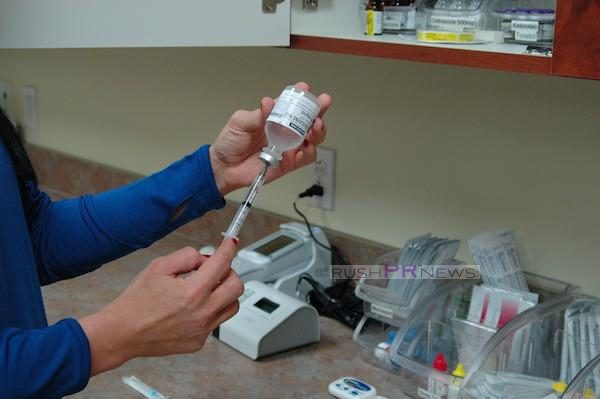Recent studies carried out by the Georgetown Center on Education and the Workforce suggest that although job openings for nurses are abundant as demands for healthcare professionals rise, many candidates who would like to fill openings are not getting a chance. Researchers discovered that around 37% of qualified applicants to bachelor’s of nursing programs were rejected during the 2011-12 admissions cycle, and just over 50% of applicants to associate’s degree programs were also turned down, regardless of the fact that they were suitably qualified.
Why So Much Rejection?
You may be wondering why, if nurses are in such high demand, colleges are rejecting seemingly fitting applicants from their degree courses? The problem is, nursing schools are simply not expanding fast enough in order to accommodate all of the qualified candidates they are getting. As a result, thousands of students who have gained the required grades to be accepted into nursing school and completed the required coursework are still being denied a place. Meanwhile, the healthcare industry is continuing to explode, although the U.S. Economy plans to add over one and a half million new job openings for nurses within the next five years, there is a shortage of 193,000 nursing professionals expected by the year 2020.
Shortage of Nursing Teachers
One of the biggest reasons nursing schools are having to turn down so many otherwise perfect applicants is because there are simply not enough faculty staff available to teach increased numbers of students on the course. Whilst many nursing graduates take courses such as a doctorate in nursing practice (which can be done as a DNP online at Bradley University), registered nurses who go back to school for advanced degrees tend to look for career progression by pursuing managerial and practice roles, with very few opting for teaching, as it isn’t as lucrative an option. This has put many nursing colleges in a Catch-22: There aren’t enough faculty available to teach more students, but this is preventing further students, who could become faculty, from being accepted onto the course.
If You’ve Been Rejected
If you have been rejected from nursing school and believe that it is nothing to do with your qualifications but rather due to a lack of space, there are a range of things that you can do – there’s no need to give up on your dreams of becoming a nurse just yet. Online study is a popular option amongst many student nurses, with online schools offering nursing degrees from undergraduate level right up to a doctor of nursing practice degree. Since online degrees tend to be largely self-motivated and based on self-study, they don’t have the same staffing problems as traditional nursing schools. Another option is pursuing a career in the healthcare field such as a personal carer or licensed practice nurse can get your foot in the door for a nursing career.
Although the demand for nurses is rapidly on the rise, a lack of facilities and staff in many nursing schools means that they are unable to take on enough students to keep up with the demand. However, online learning and alternative methods mean that it’s still possible to achieve your career goal.




